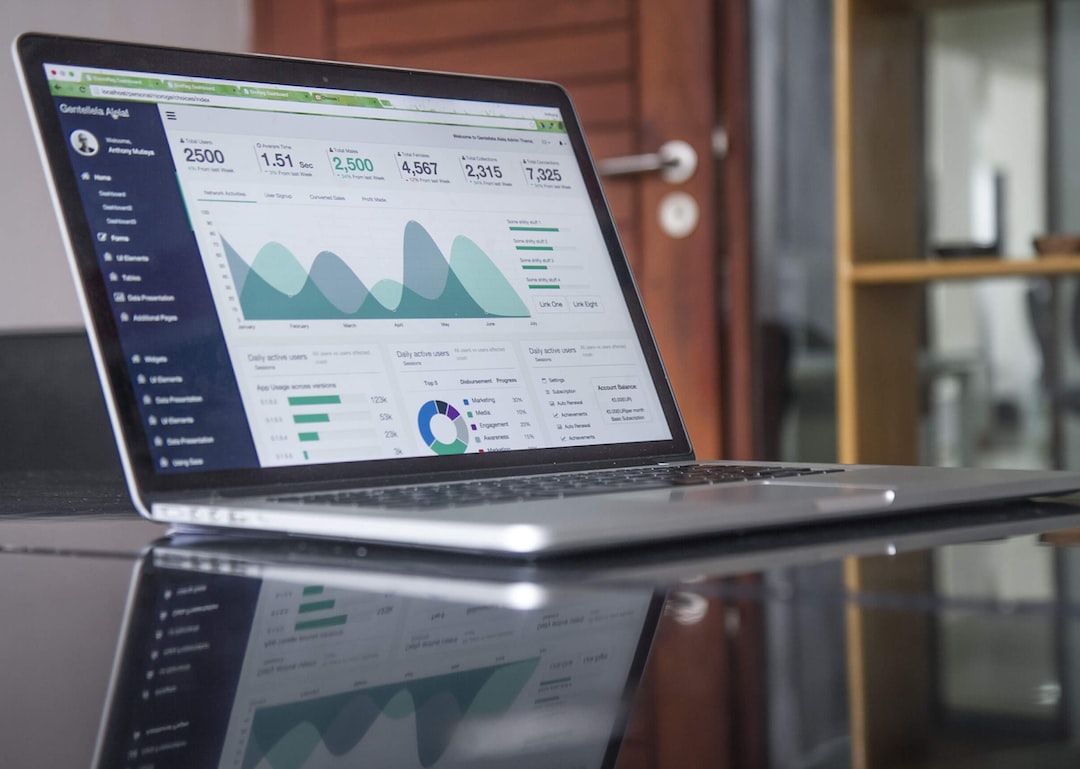Ever since the advent of social media platforms, the world has witnessed a dramatic shift in the way people communicate, share information, and connect with one another. From the early days of Myspace and Friendster to the predominant giants we see today, such as Facebook, Twitter, and Instagram, social media has become an integral part of our lives. However, with its widespread usage, the impact of social media on society has raised both positive and negative concerns that need to be addressed.
One of the most significant impacts of social media is the enhanced connectivity it offers. With just a few clicks, individuals from different parts of the world can now interact, share ideas, and connect on various platforms. Social media has made the world a smaller place, allowing people to establish relationships, whether romantic, business, or purely social, with individuals they might have never met otherwise. It has undoubtedly broadened our horizons, exposed us to diversity, and fostered a sense of global community.
Furthermore, social media has become a powerful tool for social and political movements, empowering individuals to raise awareness about critical issues and mobilize large masses. From the Arab Spring to Black Lives Matter, social media has played a significant role in organizing protests and spreading information, facilitating the exchange of ideas and giving a voice to marginalized communities. The power of hashtags and viral videos has led to real-world change, showcasing the potential social media holds when it comes to empowering the masses.
On the other hand, social media has also brought about negative impacts on society. One of the most concerning is the rise in cyberbullying. With the ability to hide behind a screen, individuals feel empowered to harass, intimidate, and belittle others online, often without any consequences. Cyberbullying can have severe physical and psychological effects, leading to depression, anxiety, and even suicide. The anonymity provided by social media platforms has allowed this dark side to flourish, making it crucial for these platforms to take stricter measures to combat cyberbullying.
Another negative impact is the potential for social media addiction. With constant notifications, likes, and comments, social media platforms are designed to keep us hooked. Countless studies have shown that excessive use of social media can lead to decreased productivity, lowered self-esteem, and increased feelings of loneliness and depression. The need for approval and validation from others is intensified in a culture that revolves around likes and followers, pushing individuals to seek constant validation from their online presence, often at the expense of their mental well-being.
Moreover, the spread of fake news and misinformation has become a significant concern in today’s society. In an era where anyone can publish information online, the line between truth and falsehood has blurred. Social media platforms have become hotbeds for the dissemination of conspiracy theories, hate speech, and propaganda, leading to increased polarization and a skewed perception of reality. The impact of misinformation on elections and political discourse cannot be overlooked, emphasizing the need for responsible social media usage and fact-checking.
In conclusion, social media has undoubtedly had a profound impact on society, revolutionizing the way we connect, share information, and mobilize. The enhanced connectivity and empowerment it offers have opened doors for positive change and social movements. However, it is essential to acknowledge and address the negative impacts as well, such as cyberbullying, addiction, and the spread of misinformation. As social media continues to evolve, it is crucial for individuals, social media platforms, and society as a whole to find a balance that allows for the positive benefits while mitigating the negative consequences.
